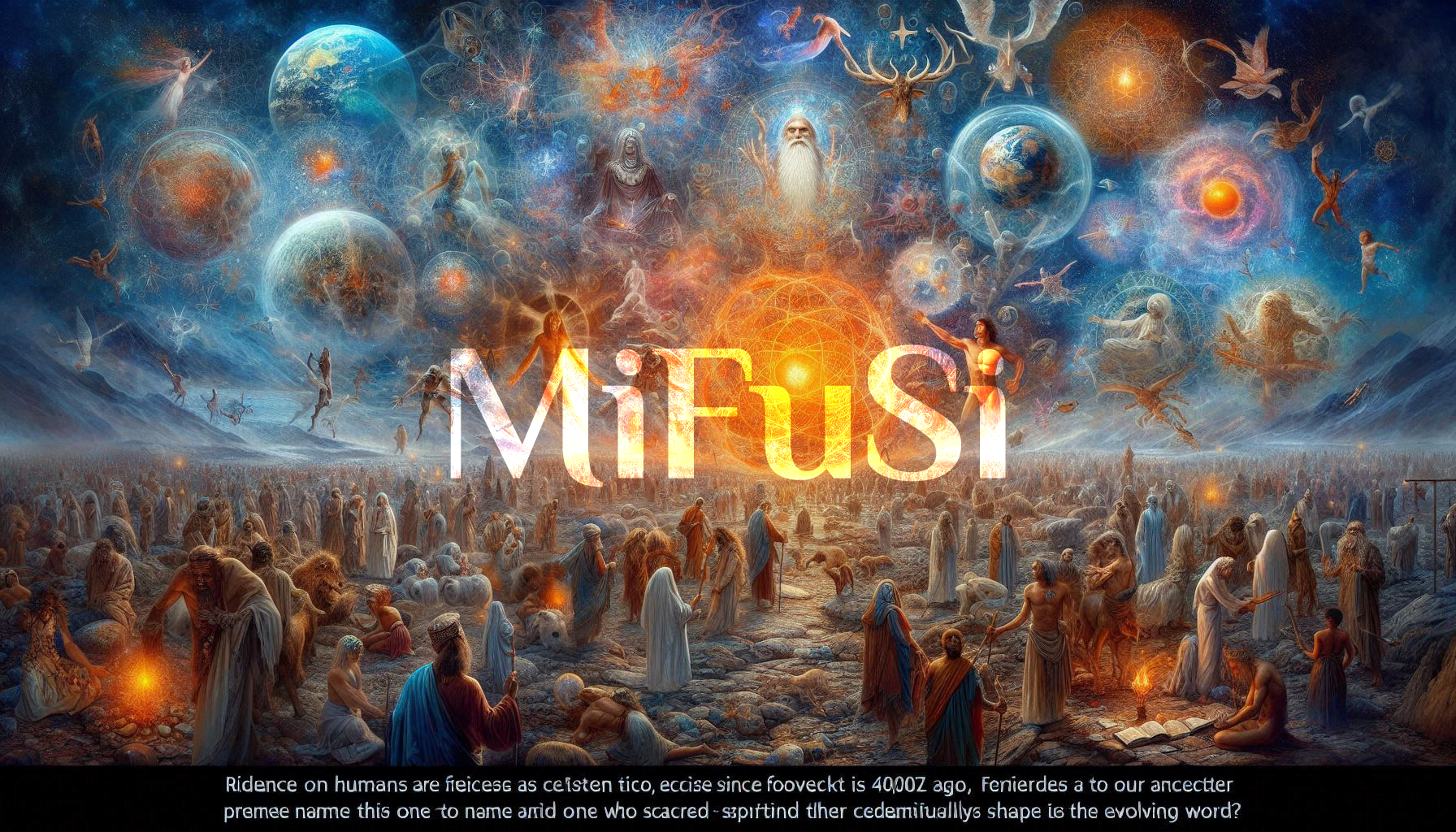The Celestial Government
Thiên Đình – Guồng máy siêu hình by Triệu Nghiêm on 07 Tháng 9 2021, 18:52; translate by Akira
Religion, a concept existing since ancient times, has deep roots in human history. According to Wikipedia, evidence suggests that as far back as 40,000 years ago, our ancestors held religious beliefs and participated in ceremonies. These beliefs in sacred spirits gradually shaped the evolving world.
Different religions attribute various names and forms to the Creator. But how can humans, created by this Creator, presume to name or shape the one who gave them life? Such actions are considered sacrilegious. Unfortunately, religions often engage in this practice to assert exclusive ownership of the Supreme Being, sometimes leading to conflicts and violence.
The Supreme Being, described as formless and timeless, is believed to be the origin of the universe and all existence, existing in both visible and invisible realms. The notion of this Supreme Being descending to Earth, enduring crucifixion, and dying for the redemption of human sins seems inconceivable given its transcendent nature. Instead, the Supreme Being is believed to direct divine messengers to manifest miracles, impart teachings, and guide humanity according to divine will. This aligns with the experiences of mystical practitioners, who often witness miraculous events attributed to divine Spirits.
Through these miracles orchestrated by divine Spirits under the directive of the Supreme Being, rulers, ranging from kings to tribal leaders, come to recognize the importance of worship and reverence. Engaging in rites and rituals, they seek blessings, as evidenced by ceremonies like the Nam Giao in Vietnam.
Divine Spirits within the celestial machinery continuously uphold divine laws, guiding humanity according to heavenly will. Through countless miracles, they demonstrate their transcendent power, enlightening rulers to the realities of their existence and the fortunes of their nations. The presence of these Holy Spirits is pervasive, extending to every corner of the earth, from remote wilderness to the deepest valleys and mountains.
How does the Heavenly Court influence royal dynasties and human affairs?
In the Christian Old Testament, Moses, acting under the command of the Holy Spirit, implored the Pharaoh of Egypt to release Hebrew slaves. When the Pharaoh refused, calamities ensued until the Holy Spirit claimed the life of the Pharaoh’s young son, prompting the king to relent and free the Hebrew people.
During the American Civil War, both the North and the South prayed for victory. However, after the battle, with one side suffering 258,000 casualties and the other 260,000, it became evident to both factions that the conflict was a divine punishment. At this time, President Abraham Lincoln received divine messages through mediums at the White House, credited with influencing his decision to emancipate slaves. However, it’s likely that Lincoln’s personal grief over the loss of his beloved son played a significant role, echoing the narrative of Moses and the Pharaoh of Egypt.
Americans’ profound faith in the Supreme Being is evident in their currency motto: “In God we trust.” Similarly, national anthems of Commonwealth countries like Canada, India, Russia, and South Africa also reference the Supreme Being with the phrase “In God we trust.”
In Vietnam, evidence of supernatural power includes sightings of spirits, cases of demonic possession, and oral traditions of sacred stories. These experiences have shifted the country’s focus from materialism to spiritual beliefs. Today, organizations study spiritual events led by individuals claiming special abilities, which are no longer considered strange or irrational.
The Celestial Government functions much like a terrestrial one, with its various courts and realms akin to the departments we find on Earth. Teaching morality to humanity is akin to the court of ethics within this celestial bureaucracy. However, due to ambitions and human fallibility, religions often stray from divine will, leading to conflicts and societal decline.
Many religious leaders assert authority on behalf of the Celestial Government, unaware that its court of ethics resembles more an educational institution within the earthly government, focusing solely on moral teachings rather than all aspects of life. Besides the court of ethics, there are also courts dedicated to politics, arts, healthcare, and more. Throughout history, religions have occasionally fallen under the purview of political courts. However, both religion and politics are subject to the oversight of the celestial government.
Over centuries, religions have erred by prioritizing worldly power or organizational interests over adhering to the moral code of the Supreme Being. Consequently, they are gradually losing followers, while the number of atheists is steadily increasing.
Triệu Nghiêm
Related Post
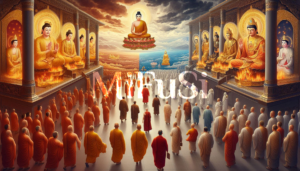
Authenticity Versus Deception in mysticism
Authenticity Versus Deception in mysticism Thiệt - Giả - Cơ huyền by batnha on 05/16/2024, 13:57; translate by Akira Authenticty...
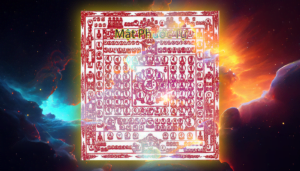
Chapter V: THE FRUITS OF SPIRITUAL CULTIVATION
I. Auspicious Dreams. O Subahuh! The reciting of the mantra must not be too slow, too fast, too loud or...
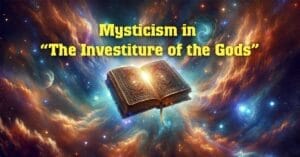
Foreword
Foreword: This book, "Mysticism in The Investiture of the Gods" is a translation from the original Vietnamese text. The Chinese...
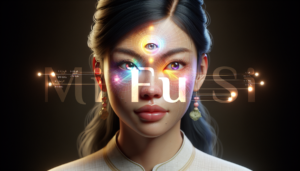
The Third Eye
The Third Eye (CON MẮT THỨ BA by Thiết Đầu on Thu Apr 30, 2009 2:24 pm) Edited by Xiaobaiyun...
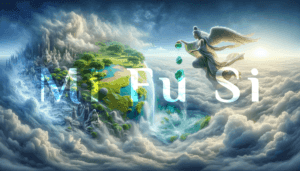
THE DRAGON’S JADE PEARL
THE DRAGON'S JADE PEARL Ngọc Long Châu by Bạch Hạc on 07 May 2016, 11:53 - translated by Horangi. I...
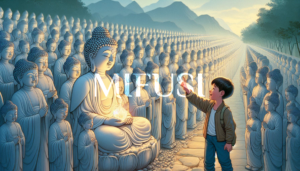
Children’s visions of Buddha
Children's visions of Buddha Báo cáo các em Khai nhãn thấy Phật Submitted by huynhd90 on April 18, 2013, 21:48...

Buddha Kungfu vs Buddha Literature
Translated from "Truyền Tâm Ấn" by Horangri. The Secret Seal transmission - Buddha Kungfu vs Buddha Literature The widespread practice...
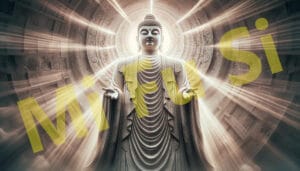
1 – MYSTICAL TALES AND ITS PRINCIPLES OLD-GURU
1 - The story about Dada the monk (not his true name): Dada is a Vietnamese with Cambodia ancestry, the...
